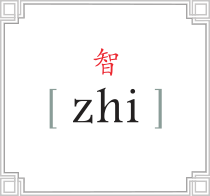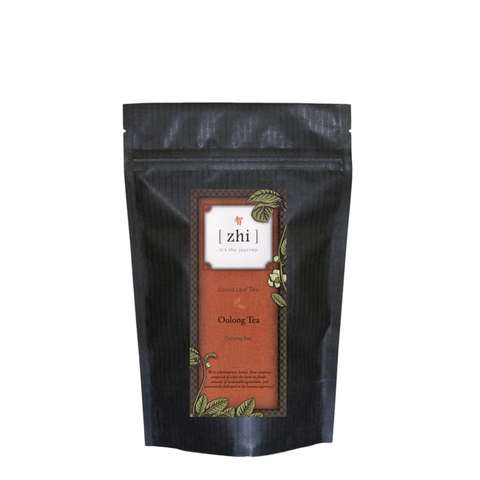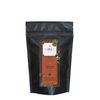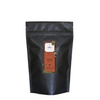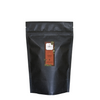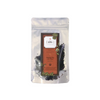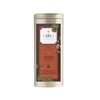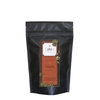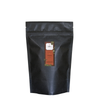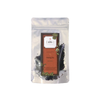GABA Oolong (High Mountain)
Ingredients: 100% Organic GABA Oolong tea. Hand-crafted artisan tea.
GABA Oolong (佳葉龍茶) (high mountain GABA)
Harvest date: March 2025. Grown at about 200 meters near Shan Lin Xi.
High GABA content in this batch, over 280 mg per 100 g of tea. Our best batch yet in flavor and ptience (multiple steeps). Get it while it lasts, this is a special one.
The primary difference between GABA and other types of teas is the way it's processed. Most teas are categorized according to their processing and level of oxidation: black tea being fully oxidized; oolong being partially oxidized; green and white teas being unoxidized. Instead of being merely oxidized, GABAis exposed to a nitrogen-rich environment during processing. Japanese researchers discovered a few decades ago that this process enhances naturally occurring GABA in the tea. Since this discovery, GABA tea has become known and distributed for its health benefits.
GABA Tea was discovered by Japanese researchers in 1987. They were looking for a natural method to preserve food. They discovered that when allowed to ferment in a nitrogen rich atmosphere something magical occured.
The researchers discovered that the levels of -aminobutyric acid [GABA] increase 5 to 10 times.
Zhi GABA Oolong contains copious amounts of GABA in a natural form, over 160 mg. per 100 grams of tea (Japanese Standard is 150). GABA is a naturally occurring human enzyme which functions as a calming and relaxing nutrient. It is now a daily health drink in Japan and only now making its way into the US.
We have procured a high quality version of this amazing tea.
The reason we drink it here at Zhi, though, really, is because of the taste. It has a wonderful deep fruitiness; very complex with Japanese Plum notes, and marked cinnamon notes, as well. It is a bit reminiscent of a bai hao oolong, but less woodsy/earthy and more fruity/rich. It has a very unique and easy-to-drink flavor profile that is a bit hard to describe, to be honest.
One of our good friends likens it to Guinness beer, a beer that has nitrogen in the carbonation. Thick mouthfeel and a certain molasses-y, creamy body and taste.
This gorgeous GABA Oolong tea was harvested in April 2025, and is stored in a vacuum seal.
AKA Gabaron
Water: 205°F | Leaves: 1 TBSP per 12 ounce cup | Infusion Time: 3-4 minutes
Basic Steeping Tips
- Use filtered or spring water, whenever possible
- Don’t over-boil water
- Remove leaves after recommended time (adjust to taste)
- If you want stronger tea, use more leaves instead of steeping for a longer time.
Leaves can be re-steeped 2-3 times resulting in various flavor differences. Don’t throw out those leaves until they have given it all up!
Gaba (佳葉) γ-aminobutyric acid
GABA is short for gamma-aminobutyric acid--a naturally occurring amino acid utilized by the human nervous system. GABA is known to act primarily as an inhibitory neurotransmitter in the function of adult nervous systems. Not only naturally occurring, GABA is also utilized in supplemental form to encourage anti-anxiety and relaxation.
Because of its calming and soothing effects, GABA also lowers blood;pressure, helps control hypoglycemia, prevents anxiety and promotes restful sleep; To an extent, it also regulates appetite, which is helpful in maintaining optimal weight; All tea has health-promoting compounds, but GABA tea has the highest;concentration of antioxidants, including catechins, flavanoids, and polyphenols. Antioxidants are helpful in fighting many types of disease including: cancer, Parkinson's, senility, drug-induced deafness, and Alzheimer's.
OTHER PURPORTED HEALTH BENEFITS INCLUDE:
- Reduced high blood pressure
- Promotes Mental alertness
- Assists with Weight loss
- Anti-oxidant
- Anti-bacterial
- Helps relieve stress and anxiety
- Reduces alcoholic withdrawal symptoms
- Helps to prevent and cure hangovers
GABA tea was invented in Japan in 1986 when researchers were trying to find ways to preserve the freshness of raw tea leaves under a Controlled Atmosphere (CA), either vacuum or nitrogen-filled chamber. Somewhat accidentally, they found that the amont of r-aminobutyric acid increased significantly under such an environment. A 1987 paper further provided evidence that the liquor from the GABA tea can help alleviate hypertension by relaxing blood pressure. The GABA tea soon became popular in Japan.
The Japanese discovered that the levels of Gamma-aminobutyric acid [GABA] increase 5 to 10 times.
